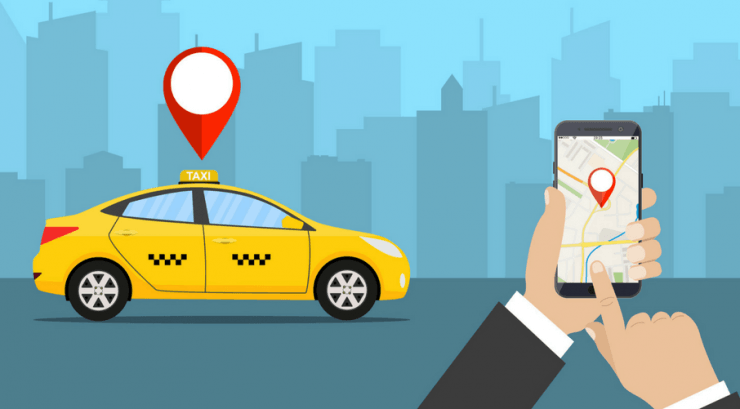Introduction
In the bustling urban centers of the Philippines, a transportation revolution is underway. The keywords “rides,” “book car,” and “taxi app” encapsulate the transformative power of technology-driven services that are reshaping how Filipinos move within cities. This article delves into the impact of these keywords on the transportation landscape and how they are redefining the concept of getting from one place to another.
The Rise of Ride Booking
In a society where time is of the essence, the notion of “rides” has taken on new meaning. Traditional modes of transportation are being replaced by innovative alternatives enabled by cutting-edge technology. The ability to “book car” services through “taxi apps” has introduced an unprecedented level of convenience for commuters.
Seamless Convenience with Taxi Apps
With the advent of “taxi apps,” the process of securing transportation has been streamlined. Commuters can now effortlessly “book car” services from their smartphones, eliminating the need to hail a taxi on the street. These apps enable users to pinpoint their location, select their destination, and track the approaching vehicle in real time, creating a sense of control that was once unimaginable.

Empowering Commuters through Technology
The convergence of “rides,” “book car” services, and “taxi apps” has put power back into the hands of commuters. No longer beholden to the uncertainties of taxi availability or haggling over fares, Filipinos can simply rely on their smartphones to access reliable transportation options. This empowerment is especially valuable in a region where traffic congestion and transportation challenges are prevalent.
Navigating Urban Challenges
The prevalence of “taxi apps” has not only enhanced convenience but also presented a solution to some of the most pressing urban challenges. With millions of people moving through the Philippines’ cities daily, traffic congestion and pollution have become critical issues. By promoting the use of shared rides through “taxi apps,” urban planners hope to alleviate congestion and reduce the carbon footprint.
Economic Opportunities and the Gig Economy
The integration of “taxi apps” has created economic opportunities for many Filipinos. Becoming a “book car” driver allows individuals to earn income on their terms, participating in the growing gig economy. This model is particularly appealing in a region where flexible employment options are highly sought after.
Changing Landscape of Traditional Taxis
As “taxi apps” gain prominence, traditional taxi services are also evolving. Faced with competition from digital platforms, many taxi companies have integrated technology into their operations. Some have developed their own “taxi apps,” bridging the gap between traditional taxis and the modern convenience offered by ride-hailing services.
Challenges and Future Prospects
While the impact of “rides,” “book car” services, and “taxi apps” is undeniable, challenges remain. The digital divide and access to smartphones can limit the reach of these innovations, particularly in rural areas. Additionally, regulatory considerations must be addressed to ensure fair competition and passenger safety.
Conclusion
The evolution of transportation in the Philippines is a testament to the potential of technology to reshape daily life. The convergence of “rides,” “book car” services, and “taxi apps” has ushered in a new era of urban mobility, where convenience, empowerment, and economic opportunity intersect. As these keywords continue to redefine transportation, the future promises a more connected, efficient, and accessible transportation ecosystem for Filipinos across the archipelago.